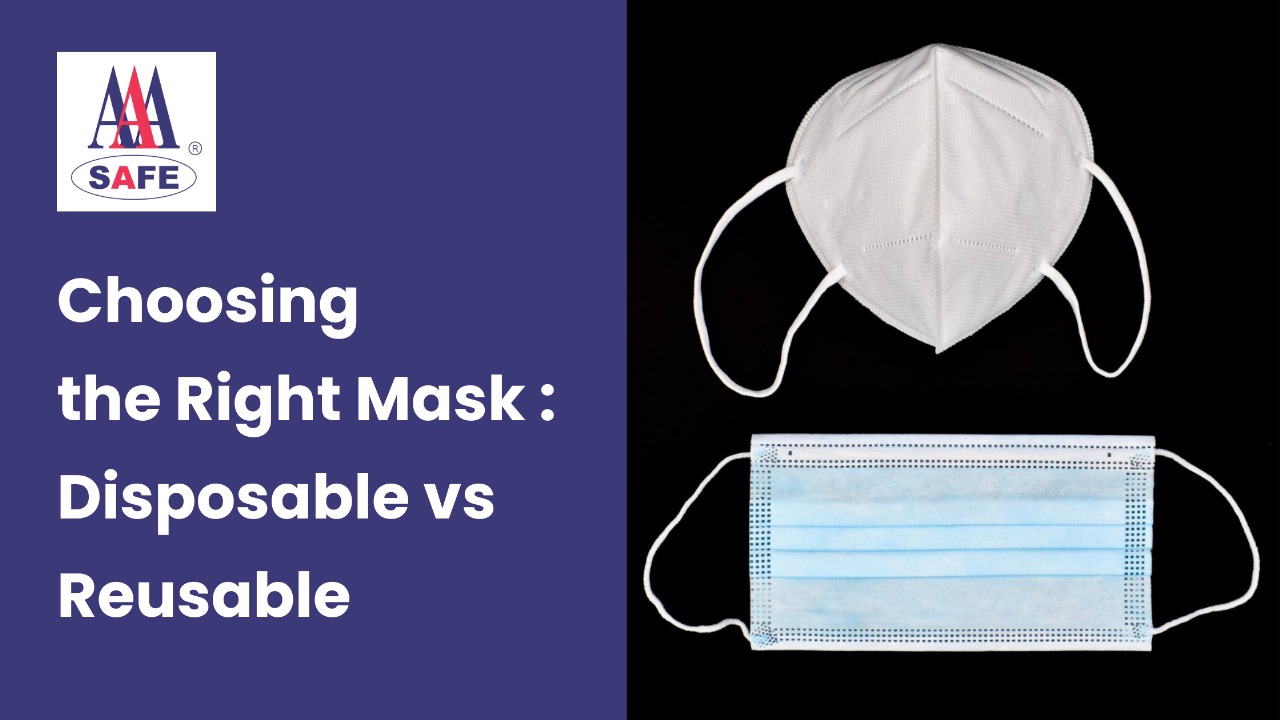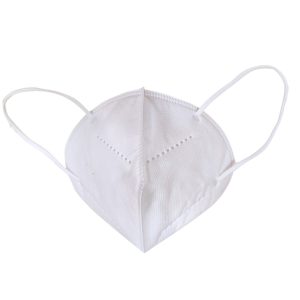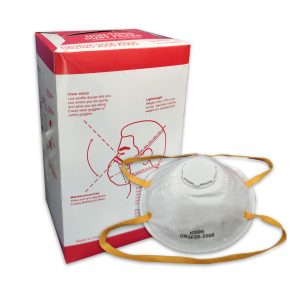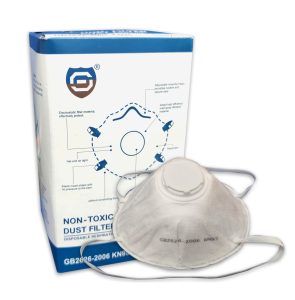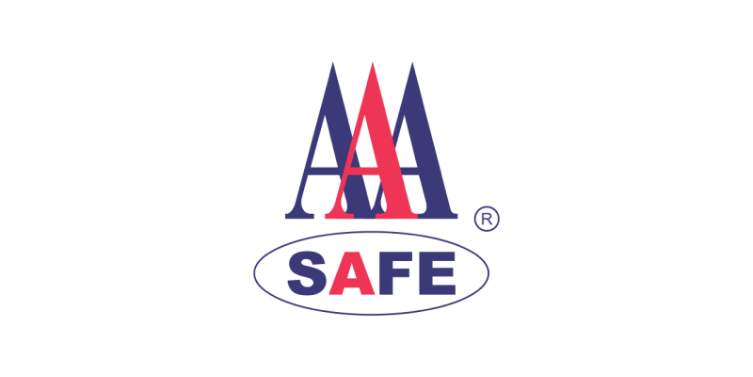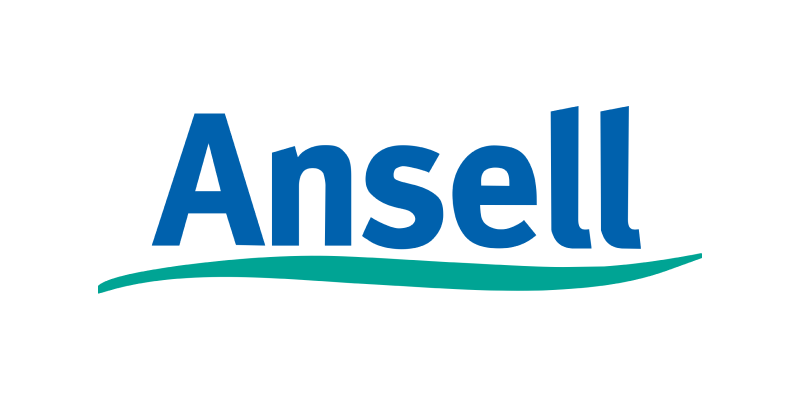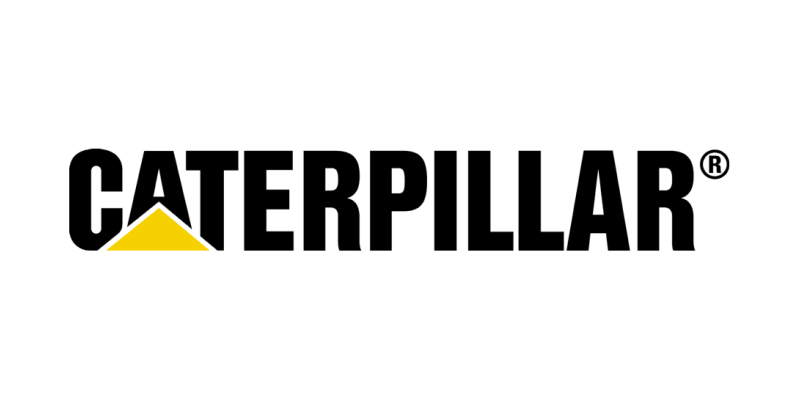As the United Arab Emirates (UAE) continues to navigate the challenges posed by the COVID-19 pandemic, the choice between disposable and reusable masks has become a significant consideration for individuals and businesses. The UAE’s commitment to public health and environmental sustainability has led to the development of guidelines and regulations governing mask usage. This overview synthesizes practical factors to help individuals and organizations in the UAE make informed decisions regarding disposable and reusable masks.
Environmental Considerations
The UAE has made significant strides in promoting environmental sustainability, and the choice of masks is no exception. A life cycle assessment study conducted in the UAE found that reusable masks made from synthetic materials have a lower environmental impact compared to disposable masks and reusable cotton masks, provided they are used and washed responsibly. The study also highlighted the importance of proper disposal of single-use masks to prevent plastic waste and microplastic pollution.
Reusable Mask
These masks, when made from synthetic materials such as polyester blends, can significantly reduce environmental impact. They can be washed and reused multiple times, which decreases the need for continuous production and disposal of single-use masks. However, the environmental benefits are maximized only if the masks are washed at appropriate temperatures and frequencies to ensure hygiene without excessive water and energy use.
Disposable Mask
On the other hand, disposable masks, typically made from non-woven polypropylene, contribute to plastic waste and microplastic pollution if not disposed of correctly. The UAE has recognized this issue and emphasizes the need for proper disposal of single-use masks in designated waste containers. This measure helps prevent environmental contamination and ensures that these masks do not end up in natural habitats or waterways.
Cost-Effectiveness
The UAE’s healthcare system has faced challenges during the pandemic, including shortages of personal protective equipment (PPE) at times. Cost-effectiveness is a critical factor for both individuals and healthcare facilities when choosing between disposable and reusable masks.
Reusable Mask
Over time, reusable masks can be more cost-effective for individuals and businesses. The initial investment in high-quality reusable masks is offset by their extended use. For example, if a reusable mask costs AED 10 and is used 50 times, the cost per use is significantly lower compared to using a new disposable mask every day.
Disposable Mask
While the upfront cost of disposable masks is lower, the cumulative cost can be high over an extended period. In healthcare settings, a study conducted in a UAE hospital found that reprocessing and reusing disposable face masks five times resulted in lower climate change impact and reduced costs compared to using new disposable masks. This approach can help healthcare facilities optimize their resources and ensure the availability of masks during times of high demand. However, reprocessing disposable masks requires strict adherence to sterilization protocols to ensure safety and effectiveness.
Regulatory Considerations
The UAE has implemented stringent regulations to ensure the safety and quality of masks used in the country. Compliance with these regulations is essential for manufacturers, suppliers, and consumers to ensure that the masks provide adequate protection.
Emirates Conformity Assessment Scheme (ECAS):
The ECAS prescribes requirements for regulated products, including face masks. Manufacturers and suppliers selling masks in the UAE market must obtain the necessary certifications, such as the UAE Certificate of Compliance, to ensure their products meet the required standards. This certification process includes rigorous testing to verify that masks offer the expected level of protection against pathogens and pollutants.
Compliance for Manufacturers and Suppliers:
Manufacturers and suppliers must ensure their products meet the ECAS requirements. This involves regular quality checks and compliance with production standards to maintain certification. Consumers should look for certified masks to ensure they are purchasing products that meet safety and effectiveness standards.
Practical Recommendations
Based on the available research and the UAE’s context, the following practical recommendations can help individuals and organizations make informed choices regarding mask usage:
Consider the number of times reusable masks will be used:
Reusable masks made from synthetic materials can be an environmentally friendly option, but they must be used and washed responsibly to minimize their impact. Users should follow manufacturer guidelines on washing frequency and temperatures to maintain hygiene without compromising the mask’s structural integrity.
Ensure proper disposal of single-use masks:
Dispose of single-use masks in designated waste containers to prevent plastic waste and microplastic pollution. Businesses and public facilities should provide clearly marked disposal bins to facilitate proper disposal and reduce environmental contamination.
Explore reprocessing options for disposable masks:
Healthcare facilities can consider reprocessing disposable masks to reduce costs and environmental impact, provided they follow proper sterilization protocols. This approach requires investment in sterilization equipment and training for staff to ensure masks are reprocessed safely and effectively.
Comply with UAE regulations and obtain necessary certifications:
Manufacturers and suppliers must ensure their masks meet the requirements set by the ECAS and obtain the UAE Certificate of Compliance. Consumers should verify that the masks they purchase are certified to ensure they provide adequate protection.
Balancing Effectiveness, Cost-Effectiveness and Environmental Sustainability
Balancing the effectiveness, cost-effectiveness, and environmental sustainability of masks requires a comprehensive approach that considers all these factors.
Effectiveness:
The primary purpose of masks is to protect against pathogens and pollutants. Both disposable and reusable masks must provide a high level of filtration efficiency to be effective. Users should prioritize masks that meet safety standards and are certified for their intended use.
Cost-Effectiveness:
Over time, reusable masks can be more cost-effective than disposable masks, especially for individuals and businesses that require frequent mask usage. Healthcare facilities can benefit from reprocessing disposable masks to reduce costs and ensure a steady supply during high-demand periods.
Environmental Sustainability:
Reusable masks offer a more sustainable option compared to disposable masks, provided they are used and maintained responsibly. Proper disposal of single-use masks is essential to minimize environmental impact. Consumers and businesses should prioritize sustainable practices to contribute to the UAE’s environmental goals.
Conclusion
The choice between disposable and reusable masks in the UAE involves considering various factors, including environmental impact, cost-effectiveness, regulatory compliance, and practical usage. By understanding the benefits and limitations of each option, individuals and organizations can make informed decisions that balance public health needs with environmental sustainability.
The UAE’s commitment to public health and environmental sustainability is evident in its guidelines and regulations governing mask usage. By adhering to these guidelines, individuals and businesses can contribute to a safer and healthier environment. Whether choosing disposable or reusable masks, the key is to prioritize effectiveness, comply with regulations, and adopt practices that minimize environmental impact.
Informed decisions regarding mask usage are crucial as the UAE continues to navigate the challenges of the COVID-19 pandemic. By considering the practical factors outlined in this overview, individuals and organizations can make choices that protect health, reduce costs, and promote sustainability. Together, these efforts will help ensure a safer and more resilient UAE in the face of ongoing public health challenges.

